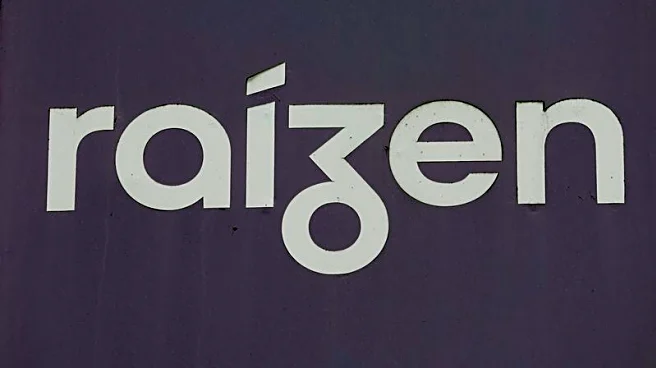Rapid Read • 7 min read
Back-to-school shopping has commenced earlier than usual this year, driven by concerns over potential price increases due to tariffs imposed by President Trump. According to a survey by the National Retail Federation (NRF), two-thirds of American families with school-aged children began shopping in July, marking the earliest start on record. The NRF highlights that consumers are seeking deals and discounts to mitigate the impact of tariffs and inflation on school supplies. Tariffs on imports from various countries, including a 15% tariff on Japanese goods, are set to rise on August 1 unless trade agreements are reached. This has prompted shoppers to buy early, with many opting for discount stores and summer sales. Retailers like Target and Walmart are offering significant discounts to attract budget-conscious consumers, while Amazon's Prime Day saw a 30% increase in spending, driven by competitive discounts.
AD
The early shopping trend underscores the significant impact of tariffs on consumer behavior and retail strategies. As tariffs threaten to increase prices on imported goods, families are adjusting their spending habits, potentially affecting the overall retail market. Retailers are competing fiercely to capture consumer dollars, offering promotions and discounts to maintain sales volumes. This situation highlights the broader economic implications of trade policies, as tariffs can lead to increased costs for consumers and influence retail pricing strategies. The NRF's findings suggest a shift towards more cautious spending, with consumers prioritizing value and necessity, which could affect retail sales and profit margins.
As tariffs are set to rise, retailers may face challenges in maintaining inventory levels and managing price increases. Consumers could experience higher prices in the coming weeks as pre-tariff inventory diminishes. Retailers will likely continue to offer promotions to attract shoppers, but the long-term impact of tariffs on consumer spending and retail strategies remains uncertain. The situation may prompt further negotiations between the U.S. and its trading partners to mitigate tariff effects.
AD
More Stories You Might Enjoy












